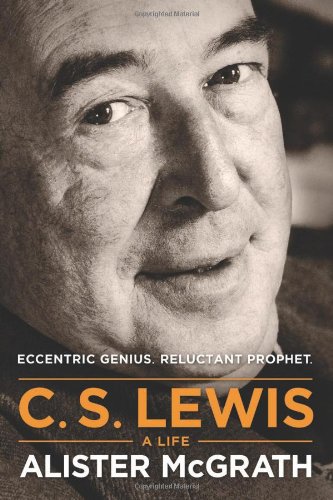Ben: I found your balanced analysis as to why there has been yet another resurgence of interest in Lewis’ writings right on target. The appeal to story, to narrative, to imagination to emotion is seen as much more winsome than dry rational apologetics. Do you think this is why Lewis’ A Grief Observed’ resonates with so many millenials, especially in terms of its honesty and expression of raw emotions?
Alister: Yes, although there is more that needs to be said. Lewis’s raw and brutally honest account of his feelings and fears as he came to terms with his wife’s death may shock some. Others find it totally authentic, and find him to be someone they can trust as they wrestle with the same issues and concerns. Many pastors find it difficult to acknowledge doubts, or accept that some of their flock ask deep and troubling questions which demand honest answers. Lewis is someone who they feel they can trust here, especially when they tire of slick and simple answers to the problem of suffering. Lewis helps them to see that they can live with questions, and don’t have to have neat answers to them all. Above all, Lewis shows us how it’s more important to be able to cope with suffering than to be able to provide a glib answer to why it happens.
For me, one of Lewis’s greatest achievements was to show how stories could capture our imaginations, and thus make us receptive to the ideas that they convey. Narnia creates intellectual space within our minds for the truths of faith – not by rational argument, but by making us wish that these things were true, and then showing us that this might indeed be the case. I know quite a few people who came to faith by first falling in love with Aslan!













